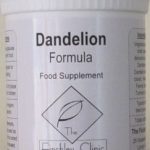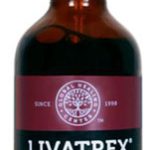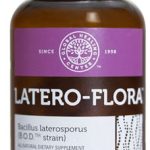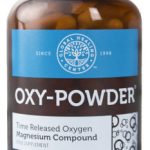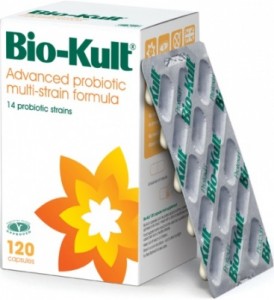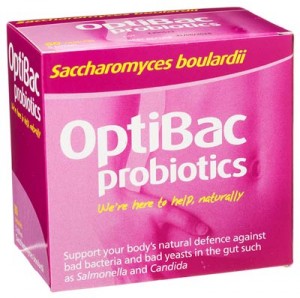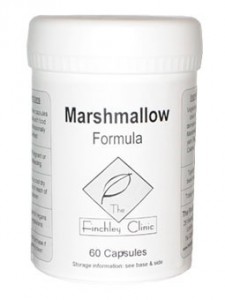You’d probably be hard pressed to find anyone who’s unaware their liver processes the toxins they put in their body. Yet it may not occur to many of them that, should they be putting too many toxins in their body, it’ll be putting undue stress, wear and tear on their liver. A healthy liver is vital to ensuring a healthy body; and to ensure a healthy liver, you need to take care of it because, although it may be your body’s toxin processor, it’s not toxic-proof – indeed, nothing is.
Whichever way you look at it then, despite society deeming it normal to maintain a diet of alcoholic indulgence and nutrient-deficient, sugar-rich processed foods, living a toxin-laden lifestyle is not normal biologically speaking. As far as your body’s concerned, it’s abnormal. It overburdens the liver, thus potentially causing problems to the body as a whole, with toxins not just overwhelming the liver but finding their way into all sorts of other nooks and crannies of the body.
To that end, detoxification is becoming increasingly recognised as a sensible, nay necessary activity for the body and, of course, the liver especially. But how do you go about such a toxin cleanse – or, in this case specifically, a liver cleanse? What steps should you follow…?
Step 1: Cut out the toxins
An obvious place to start, sure; but first things first, you have to cut out the processed goods and refined sugars and reduce your alcoholic in-take. By over-indulging in these foods and fluids you might as well be waging war on you liver; that’s how it’ll feel for the poor thing anyway. Call a truce and strike peace with this most essential of your body’s organs – and give it far less to do and the opportunity to have a far easier time of it. How about, instead of the toxic foods and drinks, giving the likes of fresh, organic fruits and vegetables a try? Such toxin-free and liver-friendly foods will help happily push the process along – and tend to taste great too!
Step 2: Give herbs a go
Herb-based remedies have been relied on by specialists in indigenous and other cultures for many centuries as therapies to – wittingly or not – aid in removing toxins from the liver and, therefore, for the stimulation of bile, an alkaline fluid the gastrointestinal system produces to help digestion.
Granted, herbal remedies don’t detoxify the liver on their own, but they could be said to act as detox agents, as they encourage and help mobilise the natural functions of the liver to start cleansing itself. To that then, consuming herbs like organic dandelion root and leaf and turmeric are an important second step in ensuring improved liver health.
Step 3: Go organic
The drawback with relying on herbal remedies, however, is that they can be pricey. Unfortunately, unless you can find them at affordable prices in a health food shop or online, good quality organic foods in their natural form tend to be expensive – and, don’t doubt it, it’s always best to invest in pure, high quality herbs and extractions. Sure, you might be able to buy discount peppermint extract, for instance – but, if it hasn’t been grown in a natural way and so isn’t genuinely organic, how many of the natural benefits (the whole point of purchasing it) are you going to derive from the product? That said, forking out a small fortune for hard-to-get-hold-of herbs and the like isn’t the only way you to go organic – you could alternatively take the supplement route.
And, of all the liver cleanse supplements available, the ideal one to go for is Livatrex – available through us at The Finchley Clinic. An all-natural blend of 100% organic and wild-crafted herbs, its formulation is specifically designed to support and drive the natural process of detoxifying, flushing and purging the liver of built-up toxins, fatty deposits and any accumulated stones.
Moreover, for a great liver cleanse, you can combine Livatrex with the additional supplements Oxy-Powder and Latero-Flora. The former is terrific for helping to loosen intestinal build-up and so aiding the release of toxic substances from the liver, as well as unwanted waste materials, while the latter helps and supports normal digestive function and assists the body in maintaining beneficial colonies of the ‘good bacteria’ that improve health. A win-win all round then for your liver cleansing efforts!

